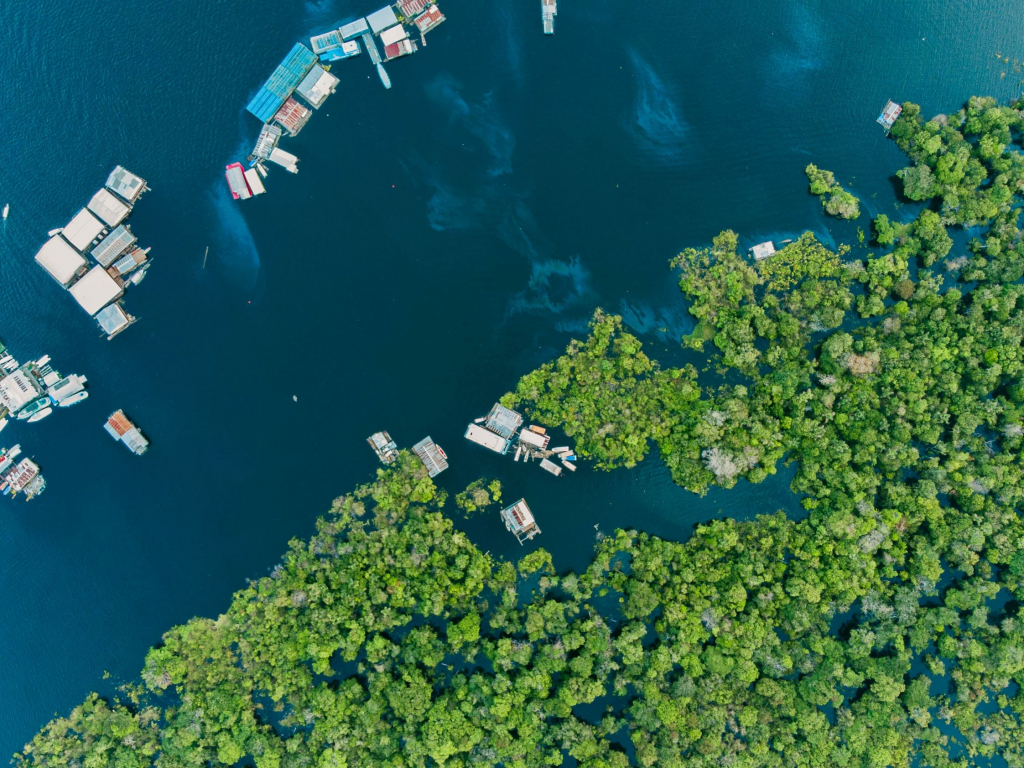Brazil’s President Lula launches renewed commitments to the environment as he begins his third term in office

On his first day in office Brazilian President Luiz Inácio Lula da Silva issued multiple measures to protect the Amazon and Indigenous people. These policies represent a return to many of Brazil’s previous environmental commitments as well as a renewed and improved dedication to indigenous rights within the country. This is promising news for the Amazon and Cerrado biomes within the country which had faced increased destructive pressures under the previous regime.
On day one Lula issued six decrees which revoked or altered policies imposed and implemented by Bolsonaro’s administration. This included the cancellation of a decree which had encouraged mining on indigenous and protected lands and the resumption of plans to combat deforestation in both the Amazon and Cerrado. He also resumed the use of the Amazon Fund, a financing mechanism supported by wealthy countries to support efforts in Brazil to curtail deforestation; which Bolsonaro had paused. Following news of the announcement both Norway and Germany have remobilized funds worth 607 million USD to invest in environmental protections in the country. He has also reappointed Marina Silva as the Minister of the Environment and Climate Change.
In his inaugural speech Lula stated that “ Our goal is to achieve zero deforestation in the Amazon and zero emission of greenhouse gases in the electricity matrix, in addition to stimulating the reuse of degraded pastureland. Brazil does not need to deforest in order to maintain and expand its strategic agricultural frontier”.
In an unparalleled move in the history of Brazil, Lula has also created the first ever Ministry of Indigenous Peoples. He has also appointed two indigenous women, Sonia Guajajara and Joenia Wapichana, who are leading the ministry for indigenous peoples and the indigenous affairs agency, respectively.
Brazil is a top emitter with deforestation, mainly in the Amazon biome, being the single largest source of the country’s emissions. The latest NDCs submitted to UNFCCC under Bolsonaro’s government were considered insufficient. As part of Brazil’s international credibility reconstruction, the country needs to submit a truly ambitious NDC. As highlighted in a recent Policy Brief led by NbSI team member Aline Soterroni, nature-based solutions (especially avoiding ecosystems losses) are critical for Brazil to decrease its emissions and overcome the mismatch between short-term targets and its net-zero emissions goal by mid-century.
Brazil’s environmental policies are central to successful delivery of the Paris agreement and Post-2020 Global biodiversity rainforest. As the country which is home to over 20% of the earth’s species and 60% of the Amazon rainforest, it plays a critical role in safeguarding biodiversity and providing natural sources of carbon sequestration. The reconstruction of Brazil’s position as a key player in the climate and environmental agendas is very much welcomed and needed.




